Africa:
The next frontier for cryptocurrency
Africa is going through a monetary revolution never seen before and has become a fertile ground for digital transactions.
Consumers and businesses around the world are using cryptocurrency, a form of digital or virtual currency, more than ever before. This has partly been influenced by the proliferation of affordable virtual investments as a way to make a quick buck. Much of the interest in these unregulated currencies is to trade for profit, with speculators at times driving prices skywards.
Top cryptocurrencies include Bitcoin, Litecoin, Ethereum, Dogecoin, Dash and Monero, but Bitcoin leads the pack in Africa and the rest of the globe. Created in 2009 by a person or people with the alias Satoshi Nakamoto, investors hope Bitcoin becomes a major mode of financial transaction in the digital age.
African countries including Zambia have widely adopted alternatives to traditional banking in the form of mobile money platforms including Zoona, Kazang, MTN Mobile Money and Airtel Money. Some entrepreneurs are of the view that the local money market is ripe for the wide adoption of cryptocurrency because of this.
In many African countries including Kenya, Nigeria, Egypt and South Africa, cryptocurrency is growing in popularity as more people see it as a lucrative investment with high potential returns.
An online survey by a data platform Statista found that 32 percent of Nigerians use cryptocurrencies – the highest proportion of any country in the world. Estimates show that of the top 10 countries for trading volumes, Nigeria ranked third place after the US and Russia in 2020, generating more than US$400 million worth of transactions.
Some observers describe cryptocurrency as a disruptive innovation, one that could flourish in Africa, under the right circumstances. However, cryptocurrency is not without its challenges. Firstly, cryptocurrencies are not legal tenders. Having said this, in June 2021 El Salvador became the first country to adopt Bitcoin as a legal tender, with the change to come into effect in 90 days of the adoption. One can’t help but wonder when or if other countries will follow suit.
In 2018, the Bank of Zambia clamped down on cryptocurrency-related businesses, days after declaring that it does not view digital currencies such as Bitcoin as legal tender. The crackdown began when the central bank announced an investigation into Heritagecoin Resources Limited for alleged money laundering. The Lusaka-based FinTech startup that dealt in the business of cryptocurrency faced allegations that it had taken on traditional banking activities, such as accepting deposits from clients, something it was not certified to do.
Many people in Zambia are desperate for cash and have fallen prey to scams by firms that invite them to invest cash with the promise of high returns. Therefore, if one is thinking of investing in cryptocurrency, it’s important to be as well-informed on the topic as possible to better avoid falling prey to scams.
Recently, BoZ said that although Bitcoin and other cryptocurrencies retained “some monetary characteristics, such as, being used as a means of payment on a person-to-person basis, cryptocurrencies are not legal tender in Zambia.”
In neighbouring Zimbabwe, the central bank also used its authority over commercial banks to shut down cryptocurrency markets.
With the continued depreciation of the kwacha and other African currencies, caused by a number of factors such as rising debt, dwindling foreign exchange reserves and lack of investment in the manufacturing sector, cryptocurrency becomes more appealing.
Zambia has experienced a slowdown in economic activity over the years. In this context, financial analysts say digital transactions through platforms such as eWallet, e-Pay and mobile money is the way to go.
As economic shocks continue to affect Zambia’s inflation, employment figures and national debt among other factors, the Private Sector Development Association (PSDA) believes that the main challenge of adopting cryptocurrency in Africa is who decides the value of the currency.
“If you look at mobile money applications, money transfers and digital payments, these are bound by physical currencies in respective African countries, so nobody can really manipulate them and that’s why if I do an Airtel Money transfer to you of say K500, I know that I have not made the money, you haven’t either – it’s simply shifting real money from my account to your account,” PSDA Chairperson Yusuf Dodia told Nkwazi.
Dodia further stressed that despite cryptocurrency innovation being of the future, somebody decides whether that money should exist or not. It can easily be manipulated and that’s where the danger is. Furthermore, cryptocurrency is currently not supported by the international monetary and banking system.
Investment experts contend that for digital money to thrive easily in any African nation, prudent economic management of its natural resources is key. They refer to the success story of cryptocurrency in Egypt and South Africa where both nations do not allow their natural resources to be exported without the equivalent US dollar coming into their banking system.
Economists agree that the Zambian market is not yet ready for a cryptocurrency revolution as there are still information gaps in terms of policies on virtual currencies, what cryptocurrency is, how it operates, what it can do and what it cannot do and so on.
“Many people in Zambia tend to hold an opinion that it is just one of those pyramid schemes because of the way it has been marketed. For instance, you are enticed to buy cryptocurrency now and told that after three weeks, the value would have doubled and you wonder how will it double? What economic activity is backing this currency? Because money, whether it be virtual or actual, must be backed by production,” Lusaka-based economist Mambo Haamaundu says.
He continues, “Money is the store of value and if I am storing value, how does my value double within a short period of time. When you deposit money in a bank you earn interest but in a cryptocurrency setup the gains are often said to be ridiculously high. The question is, what is it that really happens to this money for it to appreciate to 30 percent within a month?”
While cryptocurrency is a complex topic and not without its risks it is here to stay for the foreseeable future. If managed properly it can be a force for good and in several developing countries it is used as a tool for financial inclusion and a supplement to the traditional banking sector.




